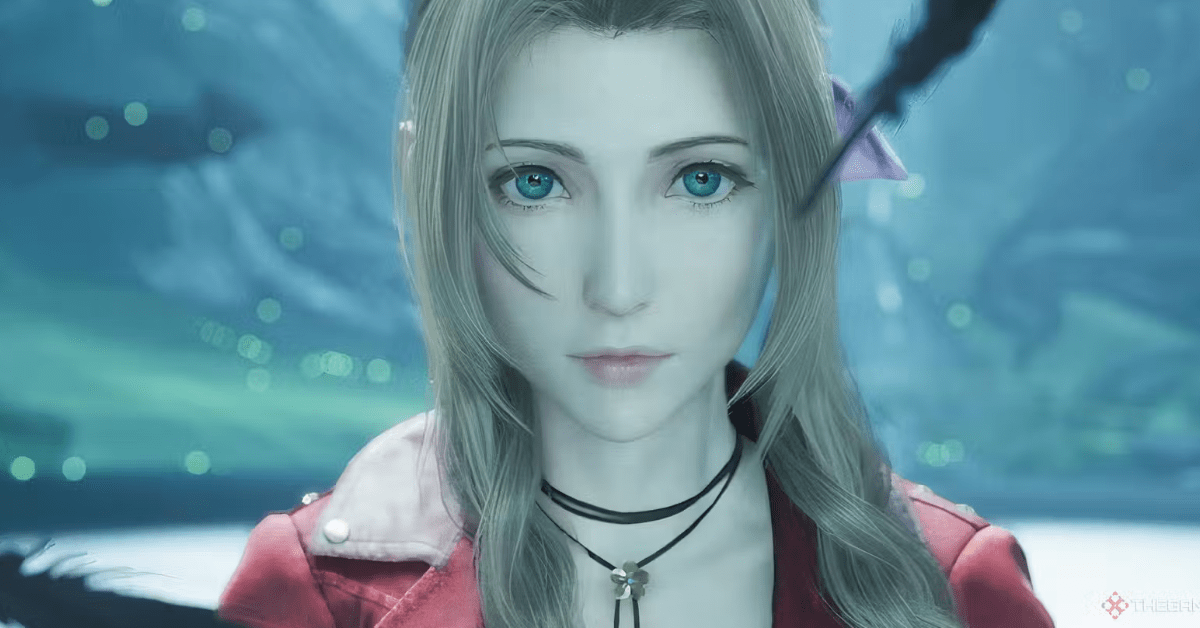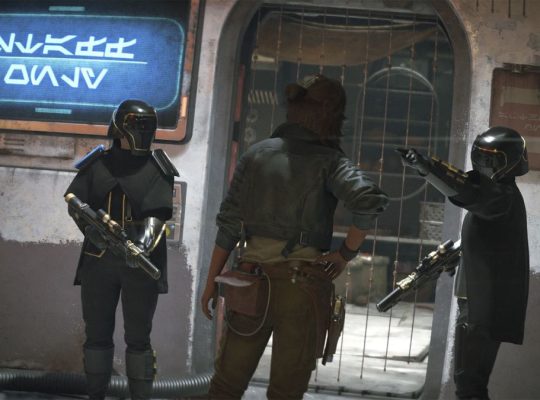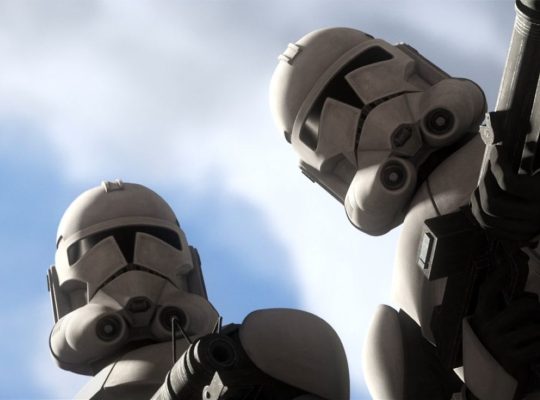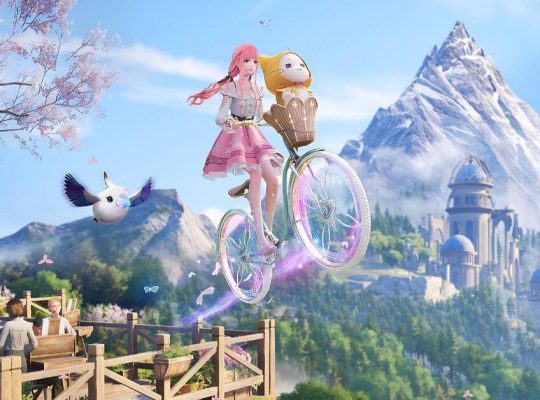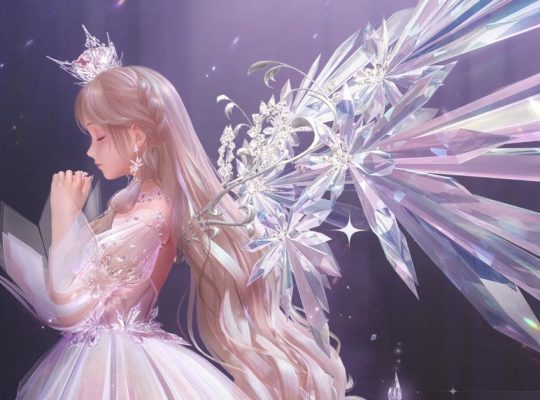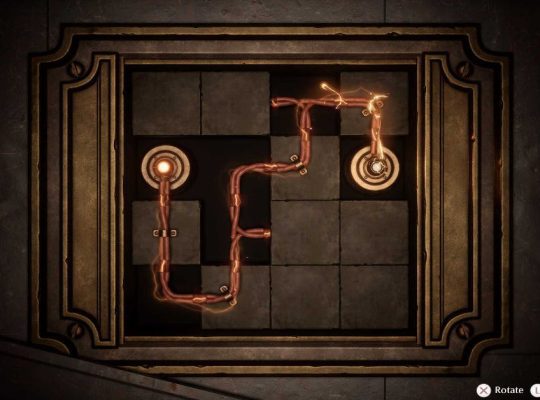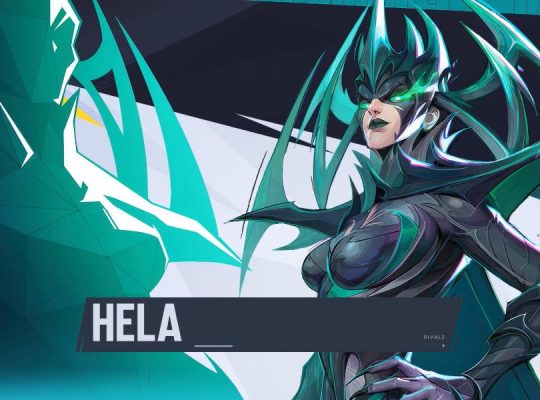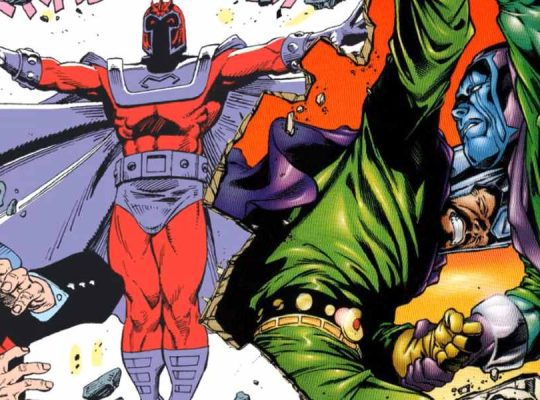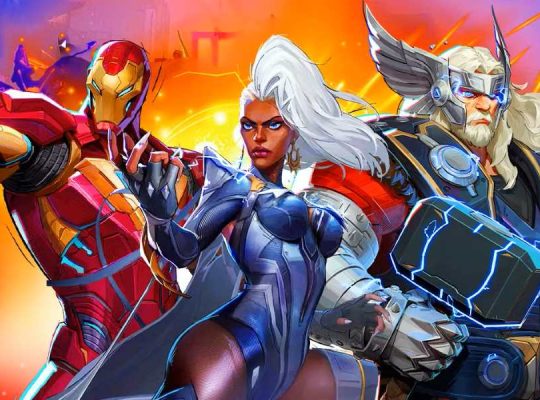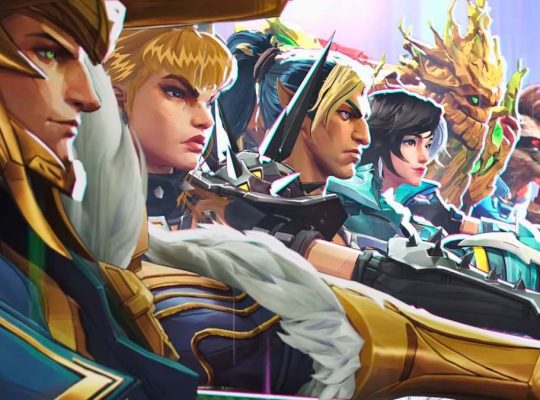Gamers have a complicated relationship with remakes and remasters. We’re brief to criticize builders and publishers for sticking to secure, familiar territory rather than pushing the envelope with new and progressive video games. Yet, at the same time, we eagerly devour remakes of classics, fueled by way of our nostalgia.
In recent years, we’ve seen the return of iconic video games like Resident Evil 4, Dead Rising, Dead Space, Mass Effect, and Persona 3. Some of those are simple remasters, keeping the middle reveal while updating visuals. Others are entire overhauls, with remodeled gameplay, new story factors, and modern-day layout tactics. But irrespective of how they’re provided, they all alternate at the comfort of something we’ve seen before.
YouTuber SphereHunter
These days, popular YouTuber SphereHunter has expressed frustration with this fashion, announcing she wouldn’t be covering the approaching Silent Hill 2 remake at launch. She says she’s “extremely disappointed” with the gaming business’s reliance on remakes and believes it’s time for more unique thoughts. She’s no longer on my own in this sentiment, but her previous reward for remakes like Resident Evil 4 led some to label her a hypocrite.


Some critics pointed out her tremendous reviews of Resident Evil 4 Remake as evidence that she’s inconsistent. But the truth is, critiques can evolve. An exact critic recognizes that loving a properly crafted remake doesn’t mean you can’t query the wider implications of the industry’s obsession with revisiting the past.
There’s no denying that games like Resident Evil 4 Remake and Final Fantasy 7 have been masterfully carried out. But as SphereHunter suggests, we ought to ask ourselves what those remakes constitute. How did a great deal of time and effort go into them, and what new, revolutionary ideas had been left in the back of the system? The business tendency to lean on familiar titles frequently stifles the ability for clean memories and reports.
SphereHunter points to titles like Alan Wake 2 and Signalis as prime examples of authentic, chance-taking horror games that deserve more attention. Signals combine survival horror with a completely unique sapphic narrative, while Alan Wake 2 pushes the boundaries of its franchise with formidable, new instructions.
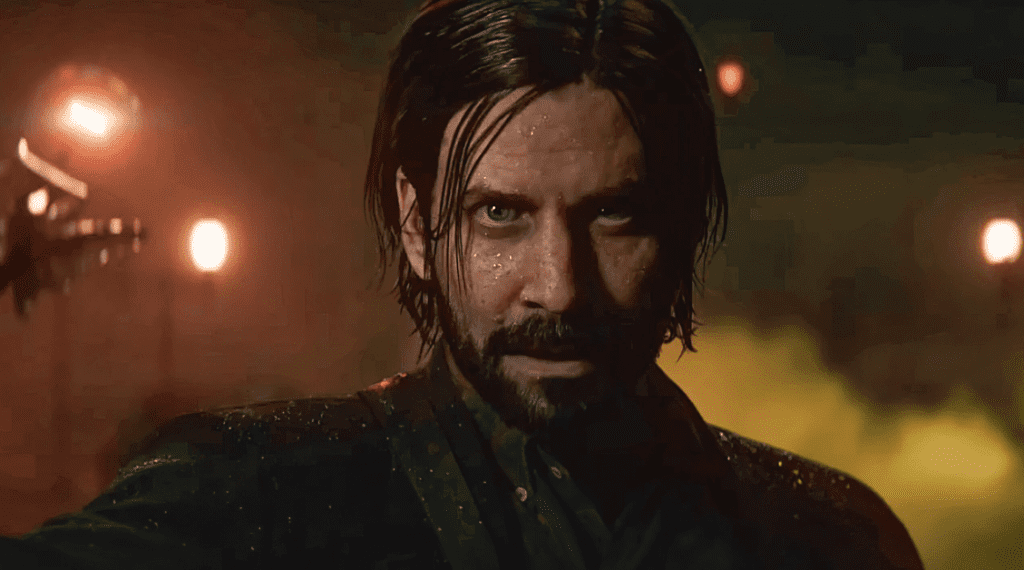

These are the types of video games she wants to support over yet another revival of a traditional.
She additionally highlights indie titles like Slay The Princess, Dredge, and Inscription—games that push the envelope and mission the status quo. These initiatives are packed with sparkling thoughts, however, they don’t always get the eye they deserve because the business and many gamers are too centered on revisiting the past.
Eventually, we’ll hit a saturation factor wherein the endless cycle of remakes and remasters will be put on thin. Nostalgia is a powerful motivator, however, it can most effectively cross to date. Triple-A game development is pricey and time-consuming, so publishers frequently opt to invest in acquainted brands with validated achievement in place of threatening the whole thing on something new. But inside the time it takes to remake a game like Silent Hill 2, a brand new and thrilling story might have been instructed instead.
Older gamers are caught in a loop, reliving the equal studies time and again, while younger gamers are delivered to classics they’ve by no means performed. These revivals are offered as the height of gaming, truly because they helped form the medium a long time in the past. SphereHunter is taking a stand towards this, recognizing that at the same time as we can love those stories, it’s time to move on and discover something new.
In the gaming business, it’s nearly inevitable that you should have interaction with the brand new huge launch, whether or not it’s a clear identity or a remaster of a loved classic. SphereHunter reminds us that builders often promise new titles or revivals of dormant franchises off the lower back of hit remakes. But more frequently than no longer, these guarantees stay unfulfilled, leaving game enthusiasts disappointed. Instead of pushing for equal vintage content, possibly it’s time we begin disturbing more unique, revolutionary stories from the businesses we like.
After all, how long can nostalgia continue to be a crutch before it holds back the future of gaming totally?


